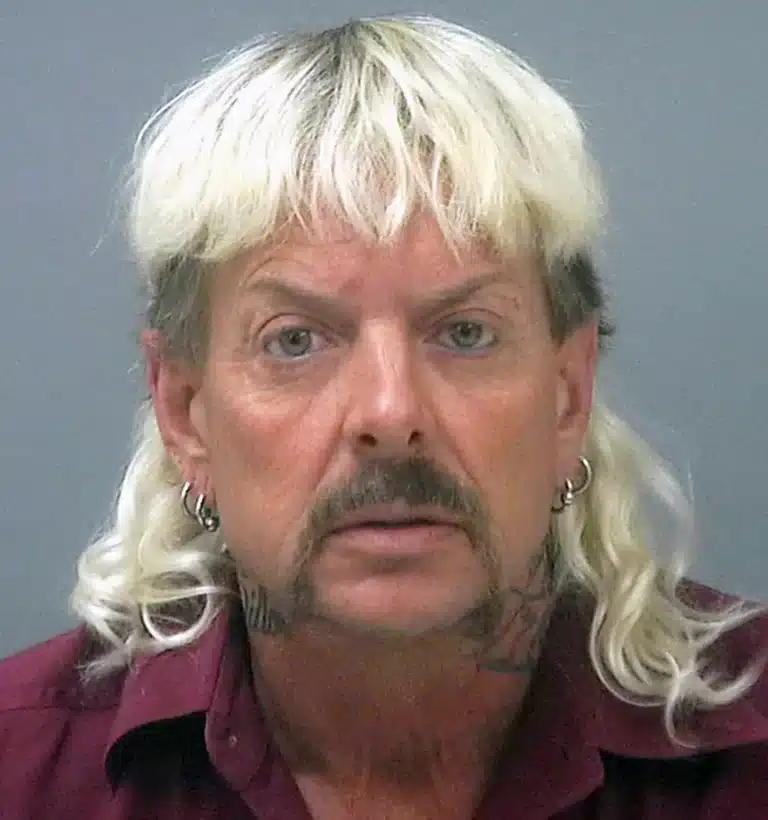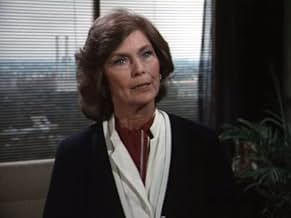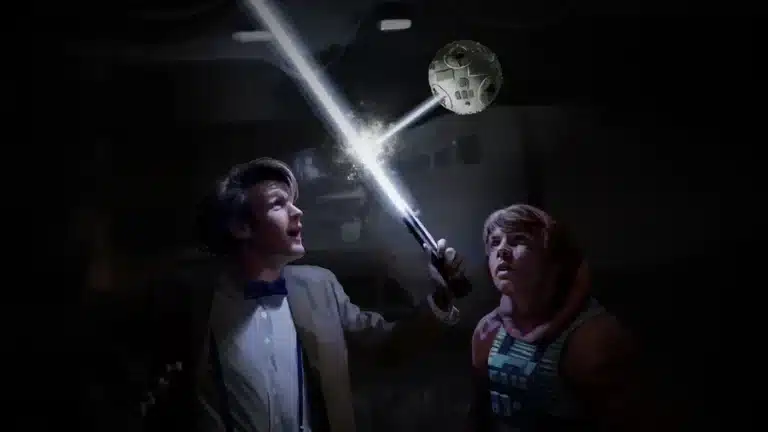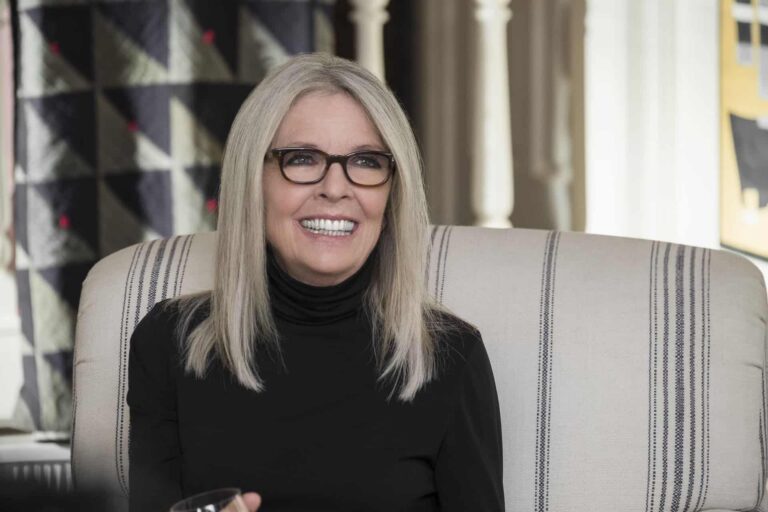Bonnie Blue Documentary Causes Uproar Among UK Government Officials
You’d think that a documentary about the life of a controversial figure might raise eyebrows—but when Channel 4 aired “1000 Men and Me: The Bonnie Blue Story,” it did far more than that. It sparked a firestorm of criticism, outrage, and political maneuvers, giving the UK government a fresh reason to flex its legislative muscles. Welcome to the latest chapter in Britain’s ongoing battle against questionable online content.
Bonnie Blue Controversy: What Sparked The Controversy?
It all began when Channel 4 aired their documentary about Bonnie Blue, an infamous porn star whose notoriety stems from extreme acts, including a well-publicized scene with over 1,000 participants. If that wasn’t eyebrow-raising enough, the show also featured Bonnie preparing to shoot a scene with adults dressed as school-aged children—a creative choice that has left many questioning if Channel 4 completely forgot what “appropriate viewing” entails.
The cultural ripples didn’t stop at offended parents or online debates. The documentary caught the attention of policymakers, advertisers, and even Dame Rachel de Souza, England’s children’s commissioner. Her concern? The documentary glamorized behaviors and performances teetering uncomfortably near the edge of “barely legal” content. Critics like Dame Rachel argued that Channel 4 gave Bonnie Blue a soapbox—one wrapped in pixels and packaged for prime time—to normalize problematic content.
The UK’s Call to Legislative Action
Enter Baroness Bertin
The uproar didn’t just stop with scathing X posts and moral judgment from tabloids. Baroness Bertin, a member of the House of Lords, saw the show as a trigger for legislative action. By “trigger,” of course, we mean it ignited a whole blender-full of political statements, speeches, and proposed policies.
Baroness Bertin wasted no time in linking the documentary to broader societal issues, pledging to propose amendments to the existing Crime and Policing Bill. Her goal? Stop online platforms from enabling content like Bonnie Blue’s that could tiptoe dangerously close to the promotion of child exploitation themes—even if all participants are legally of age.
“Barely legal” content, where adults role-play as minors, is currently not outright prohibited under UK law. However, for Bertin and her allies, Channel 4’s decision to broadcast this particular documentary was a glaring neon sign pointing to gaps in existing regulations. “We must ensure that this kind of harmful content has no place in our society,” she said, simultaneously making parents cheer and internet freedom watchdogs cringe.
The Online Safety Act Meets New Amendments
The United Kingdom’s Online Safety Act, which was already designed to keep harmful content away from children, will serve as the foundation for the new proposed changes. Under the revised framework, platforms hosting material even resembling adult role-play of underage scenarios could potentially face consequences. Ofcom, already tasked with ensuring compliance on content legality under the existing rules, would likely shoulder even more responsibilities as a watchdog.
Channel 4’s Defense
Because good drama always comes with a rebuttal, Channel 4 defended its choice to air the documentary, claiming it was designed as a nuanced exploration of changing attitudes toward sex and success in the online world. According to the network, it wasn’t about glorifying Bonnie Blue—it was about presenting her life and actions for public scrutiny, letting viewers form their own opinions.
They also pointed out that filmmaker Victoria Silver challenged Bonnie Blue about the ethics of her work within the program. But critics remain unmoved. After all, when major advertisers like Visa and Smirnoff begin pulling their ads to avoid being linked with the show, you know you’ve landed in murky waters.
Critics of the Critics
Interestingly, not all responses to the government’s proposed actions have been enthusiastic. Some observers have pointed out the tricky gray area where free speech clashes with overly restrictive legislation. Proposals targeting role-playing content or depictions deemed as “barely legal” carry the risk of unintentionally policing creative freedom, cultural storytelling, or even legitimate adult performances.
Opponents argue that public censure—such as advertisers distancing themselves from Channel 4—is already an effective deterrent for such content. Others contend that adding more legislative oversight risks creating a surveillance state over online creativity.
What’s Next for the UK?
The UK government’s reaction to Channel 4’s Bonnie Blue documentary epitomizes its broader approach to cracking down on controversial online material. Legislators are wasting little time revamping rules to impose stricter oversight of modern digital platforms, all under the banner of safeguarding society.
However, the rollout of these measures will likely face criticism both from advocates of free expression and those who believe such laws could disproportionately penalize platforms or content creators. If lawmakers intend to resolve this issue without triggering public backlash, they’ll need transparency, a clear enforcement strategy, and perhaps a recognition that sometimes, the problem isn’t just pornography—it’s how society consumes and interacts with it.
Final Thoughts
The Bonnie Blue documentary serves as a sharp reminder of how media, controversy, and government policy collide in today’s digital ecosystem. Whether you view Channel 4’s choice as bold storytelling or a lapse in judgment, there’s no denying its impact. It has prompted yet another reckoning for how the UK navigates murky gray areas in online content regulation.
One thing’s certain—this isn’t the kind of story you can neatly wrap up before rolling the credits. And judging by the UK government’s rapid response, the fallout from Bonnie Blue’s on-screen exploits will linger on longer than most streaming deals.
For better or worse, Barney Blue may serve as a case study for why some content pushes boundaries we’re just not equipped—or willing—to handle.







